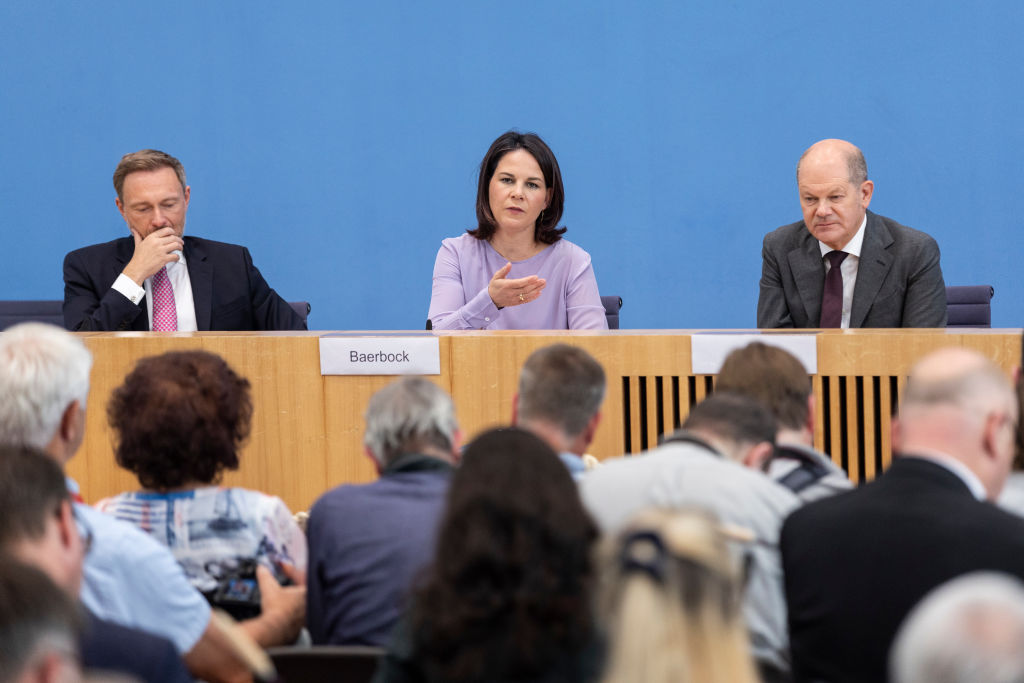German food banks claim they are in the midst of a crisis amid a “frightening” spike in demand, with some officials now calling for the German Government to step in to help ensure the welfare of those struggling.
It comes as the country’s economy finds itself in a precarious state, with the post-Covid pandemic fall-out and the ongoing European energy crisis wreaking havoc on both private and public finances.
Speaking to German news outlet RND, an official from one food bank association responsible for the Schleswig-Holstein and Hamburg area noted that, since last year, the group had seen up to a 40 per cent rise in the use of its services in some locations.
This has apparently coincided with an almost 50 per cent decrease in the amount of food being donated to the charity, according to the the spokesman.
Other food bank workers, meanwhile, reported significant staff shortages, with the number of volunteers for their services not rising compared with previous years, despite the nationwide increase in demand.
Michaela Engelmeier, the federal chief of the food bank charity Tefel, has now called on the government to step up its support for those enduring hardship amid the country’s deteriorating economic environment. She said that, ultimately, it was not the responsibility of organisations such as hers to ensure public welfare.
“The reports from the food banks are frightening; in times of record inflation and price explosions, many can no longer even afford to eat,” she added.
“The work of the Tafel throughout Germany deserves our respect and recognition. But the state has the responsibility to secure the subsistence level – and not the [food charity] panels.”
However, the call for the German authorities to boost support for those in trouble financially may not be heeded.
Far from increasing budgetary lifelines for the country’s various state departments, the coalition government’s newly approved spending plans for 2024 will mark a return to austerity for the first time in 10 years in a desperate attempt to get a handle on Germany’s rocketing national debt.
According to Bloomberg, virtually all German state departments will be forced to cut spending, a move that will almost certainly have a knock-on effect on public services.
The only office to be spared budgetary constraint is defence, with the department instead awarded a €1.7 billion bump-up in funding compared to last year, bringing its total annual allocation to €51.8 billion.
A separate bespoke fund set up to boost military spending in the wake of the Russian invasion of Ukraine will reportedly push state investment in the armed forces to more than €70 billion.
How effective such an outlay will be remains to be seen, with some of the country’s newly acquired military hardware failing to perform as expected once brought into service, according to experts.
Germany’s new Puma infantry fighting vehicle (IFV), for example, has been a significant sore point, with one training exercise involving 18 of the vehicles seeing them all break down before the operation was completed.
One of the vehicles was destroyed after it caught fire, with an eco-friendly fire extinguisher in the vehicle used to combat the blaze leaving the IFV with permanent damage that would not have been caused by a more normal variant, according to those on the ground.





